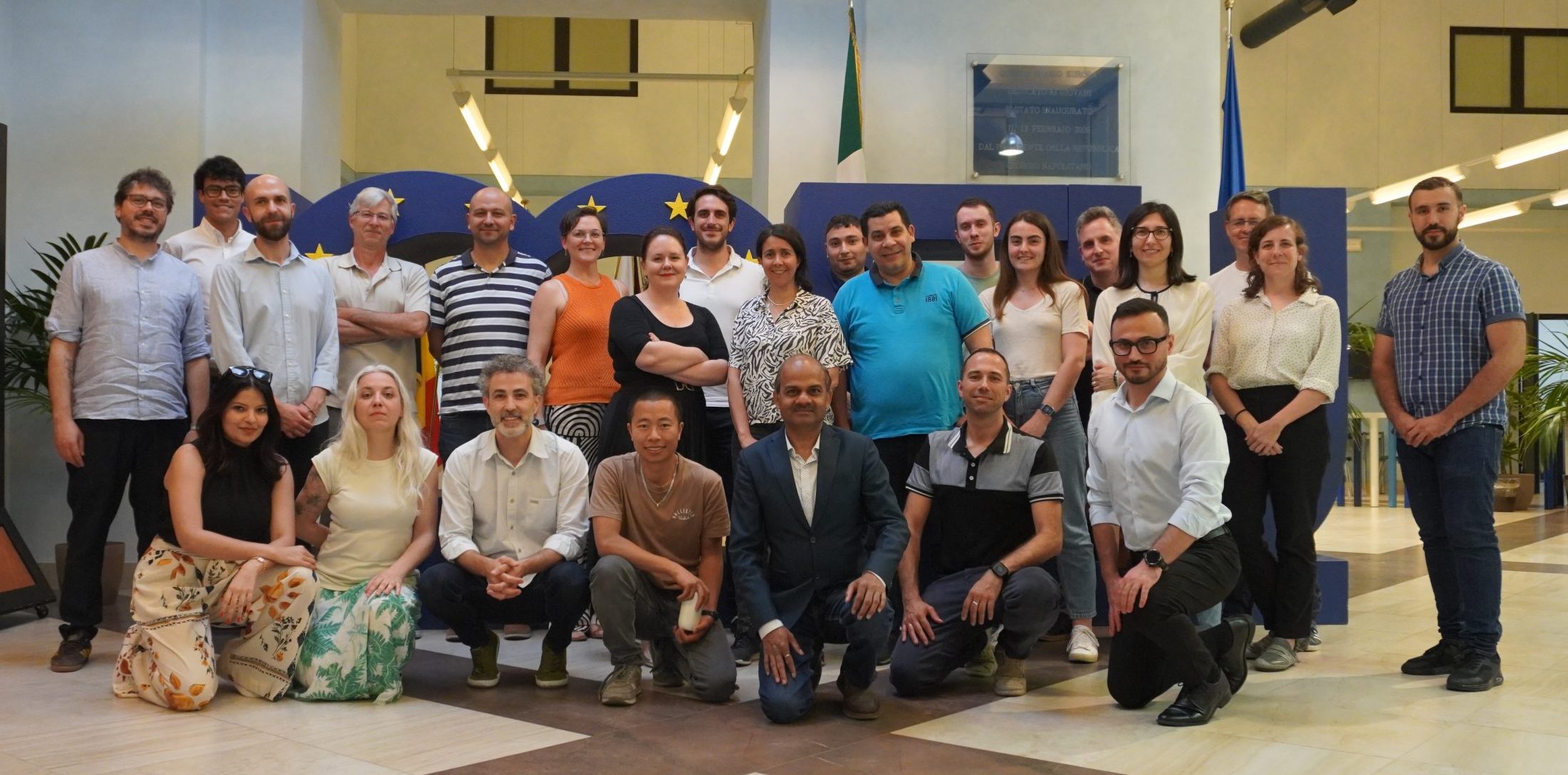Keeping humans at the heart of smart manufacturing
< 1 min to read
When AI starts making decisions in manufacturing, who’s really in control? As AI systems become more autonomous in manufacturing, this question becomes increasingly urgent—and it’s exactly what COGNIMAN partners gathered to address.
Hosted by DeepBlue in Rome, our partner responsible for the ethics dimension in COGNIMAN, the partners delved into practical ethics integration, moving beyond theoretical frameworks to hands-on implementation across all pilot projects.
Why ethics in cognitive manufacturing?
Smart manufacturing isn’t just about efficiency gains. As factories become increasingly automated, critical questions emerge: What happens to worker expertise? How do we maintain human oversight? COGNIMAN is tackling these challenges head-on by integrating ethical considerations directly into technical development.
The integration challenge
DeepBlue-led workshops revealed a key insight: ethics can’t be an afterthought. Partners worked through real scenarios from the four use cases, identifying where human values intersect with technical decisions. The result? A clearer roadmap for ensuring cognitive manufacturing enhances rather than replaces human capabilities.
Key areas of focus included:
- Worker agency – Keeping humans in control of AI-assisted processes
- Transparency – Making AI decision-making understandable to operators
- Adaptability – Ensuring systems can evolve with changing workforce needs
Architecture meets reality
Technical discussions weren’t just about components and interfaces; they also encompassed broader aspects of the project. Partners explored how different system architectures support or hinder ethical implementation. The outcome? A more integrated approach where ethics requirements shape technical design.
What’s next?
The Rome meeting highlighted COGNIMAN’s commitment to developing manufacturing solutions that are both technically advanced and socially responsible. Partners recognised that sustainable automation requires considering the full spectrum of human impact.
The project’s next steps focus on demonstrating these integrated approaches in real use cases, proving that ethical smart manufacturing isn’t just possible—it’s practical.
